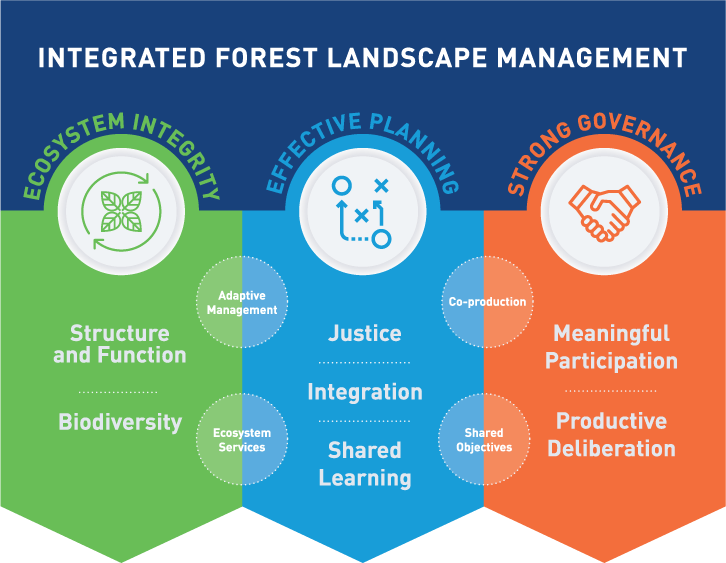Tim is an Adjunct Senior Research Fellow with the Law Futures Centre and the Institute for Ethics, Governance and Law at Griffith University, Queensland, Australia. Tim has been an academic researcher and teacher since 1996.
Tim has published a number of books. In 2011 he published Quality and Legitimacy of Global Governance: Case Lessons from Forestry, with Palgrave Macmillan. His latest book is about climate governance: Governing the Climate Change Regime Institutional Integrity and Integrity Systems.
Through his work as a practitioner, Tim has been closely engaged in environmental and sustainable trade-related activities around the Pacific Rim countries and beyond since 1992. His main areas of expertise are in global environmental governance, responsible investment, sustainable forestry, and climate change.
From 2009-2012 he was Sustainable Business Fellow in the Faculty of Business at USQ, and a member of the Australian Centre for Sustainable Business and Development. In 2010 he was appointed as a Research Fellow of the Earth System Governance Project. Tim is also a member of the editorial board of the new Earthscan Journal of Sustainable Finance & Investment and the Berghahn International Journal of Social Quality.







